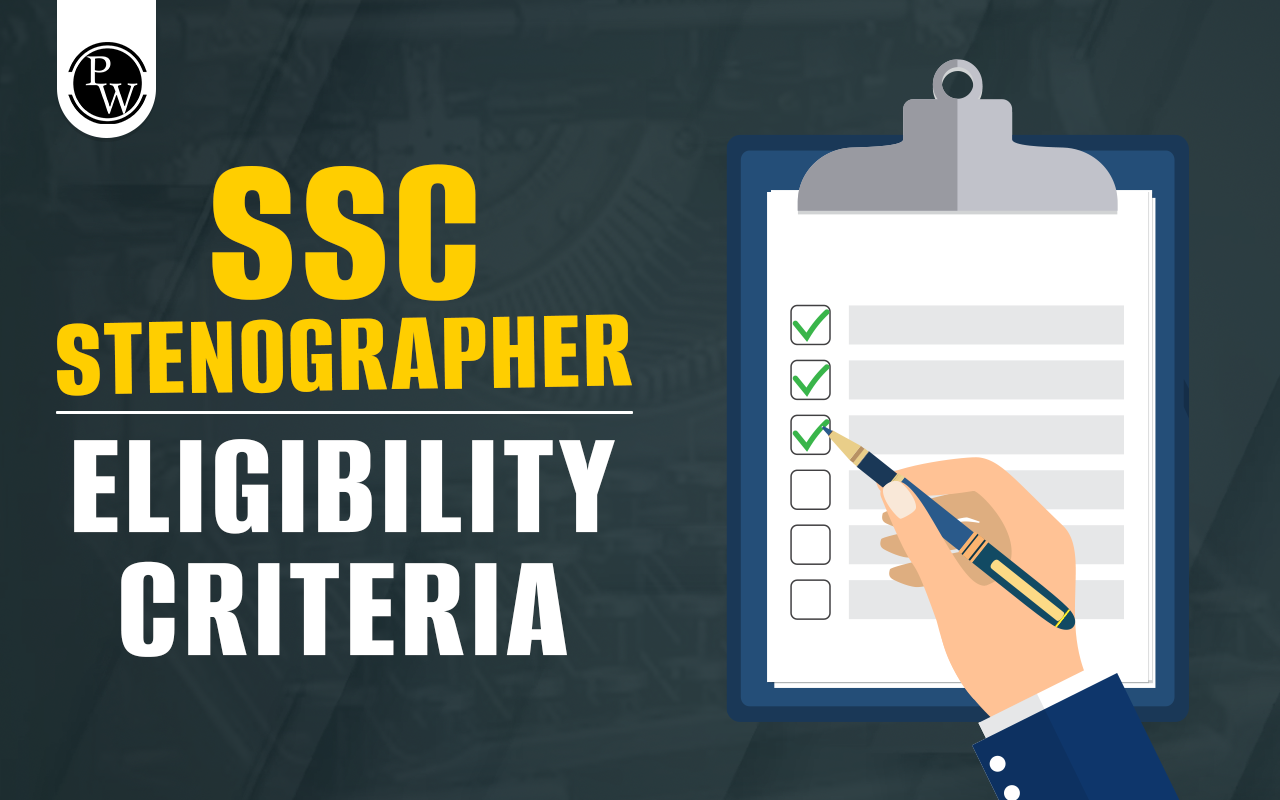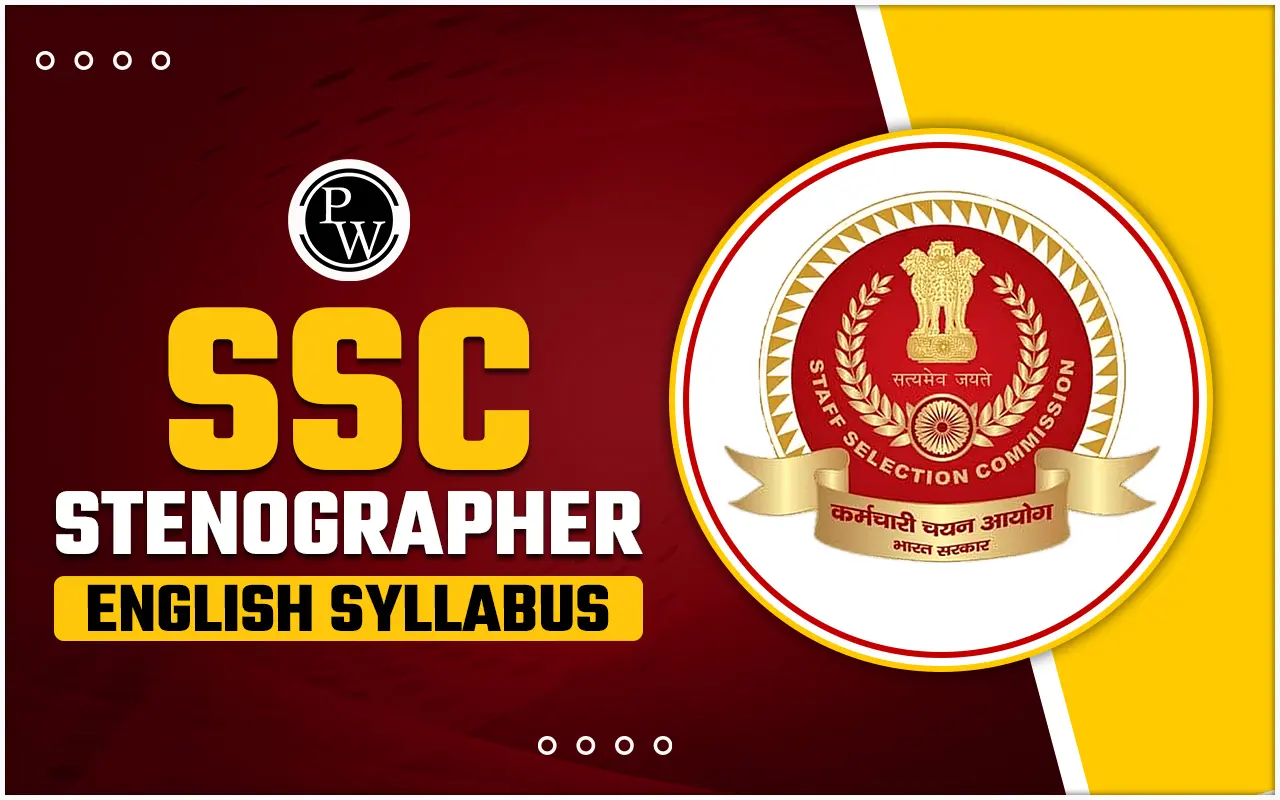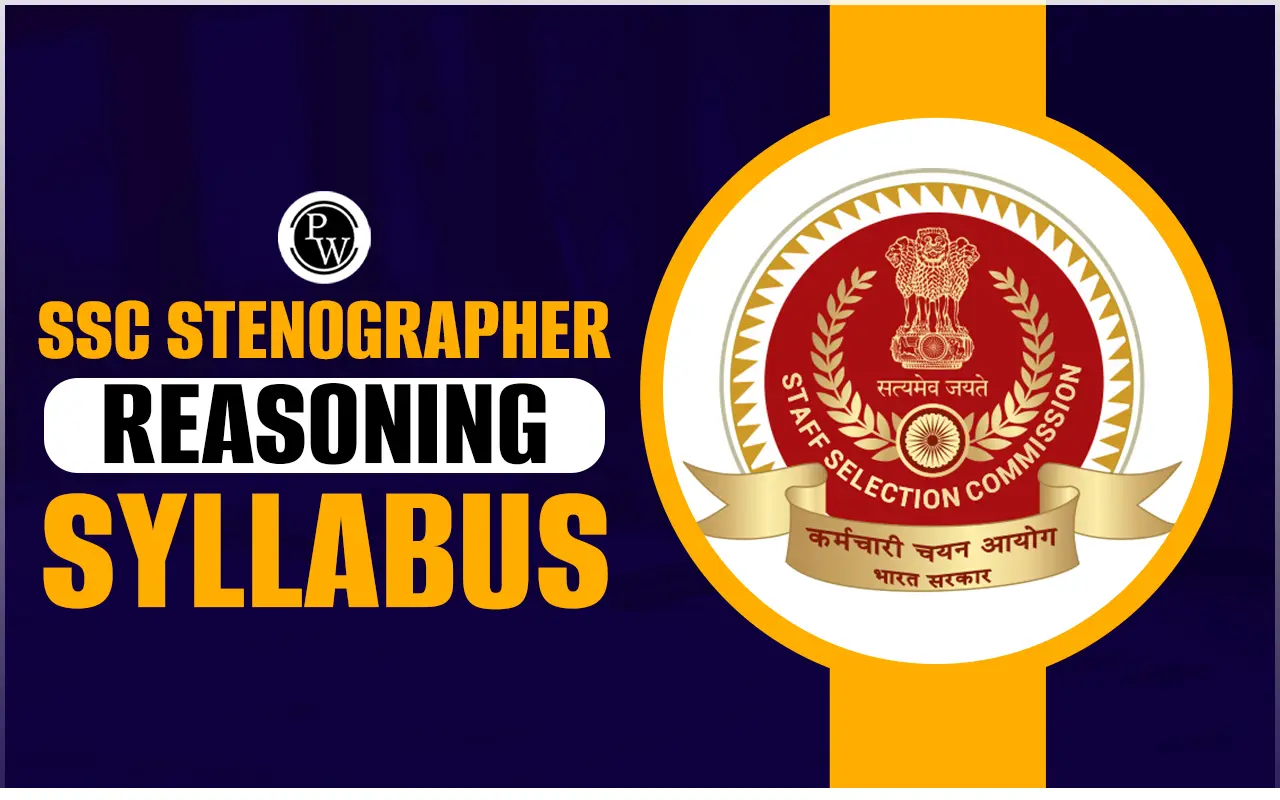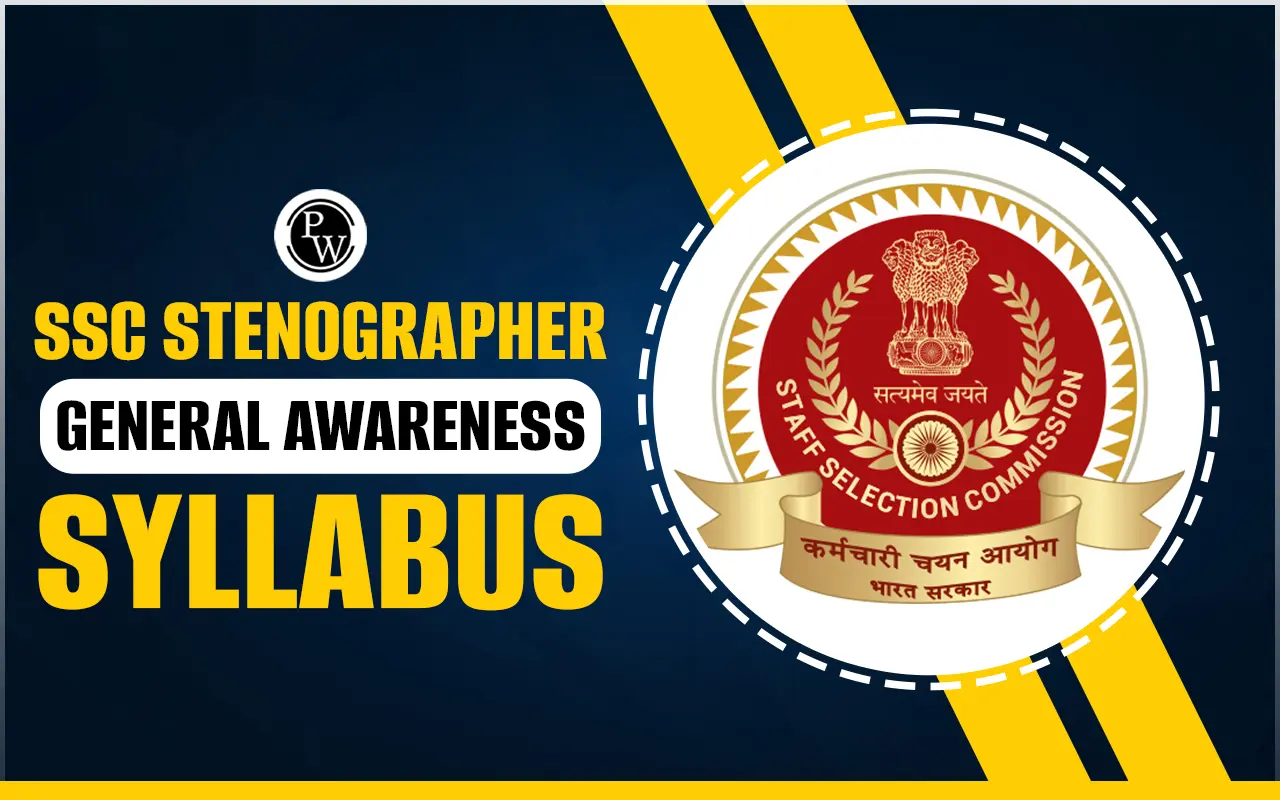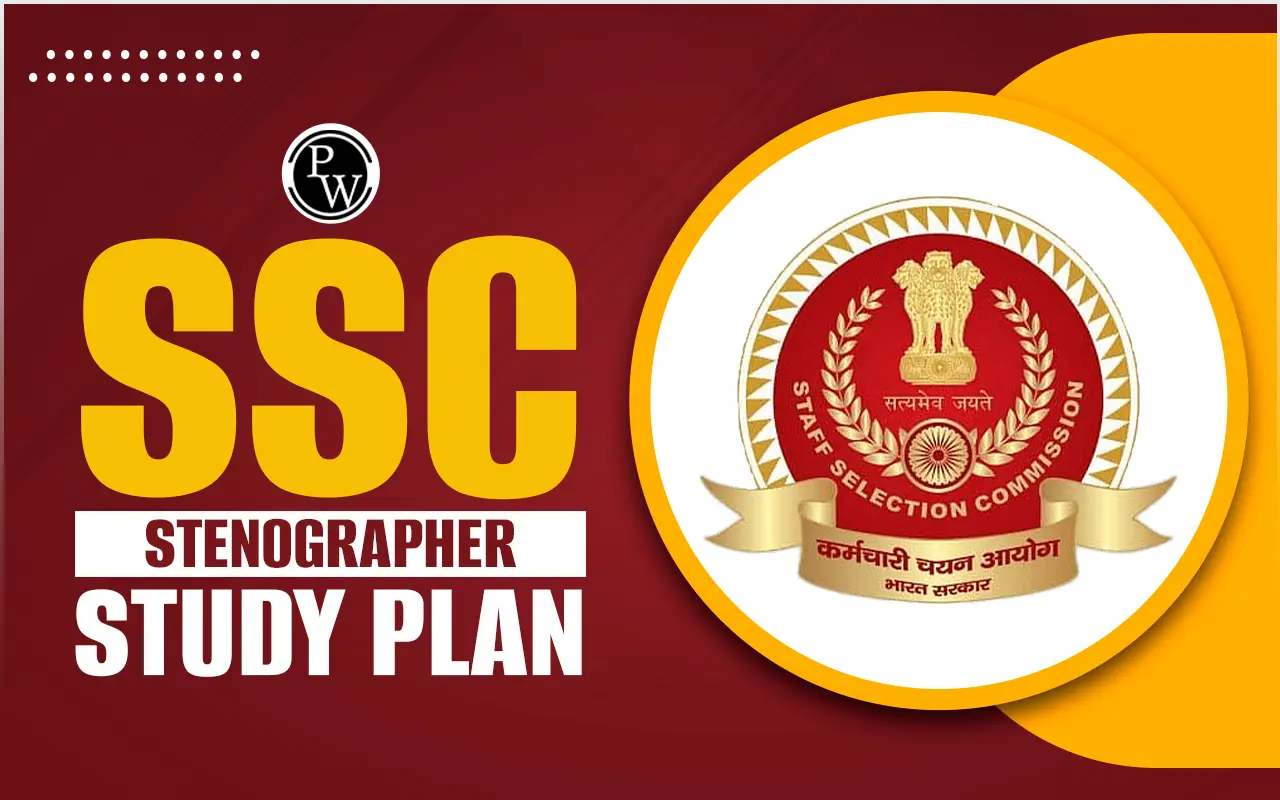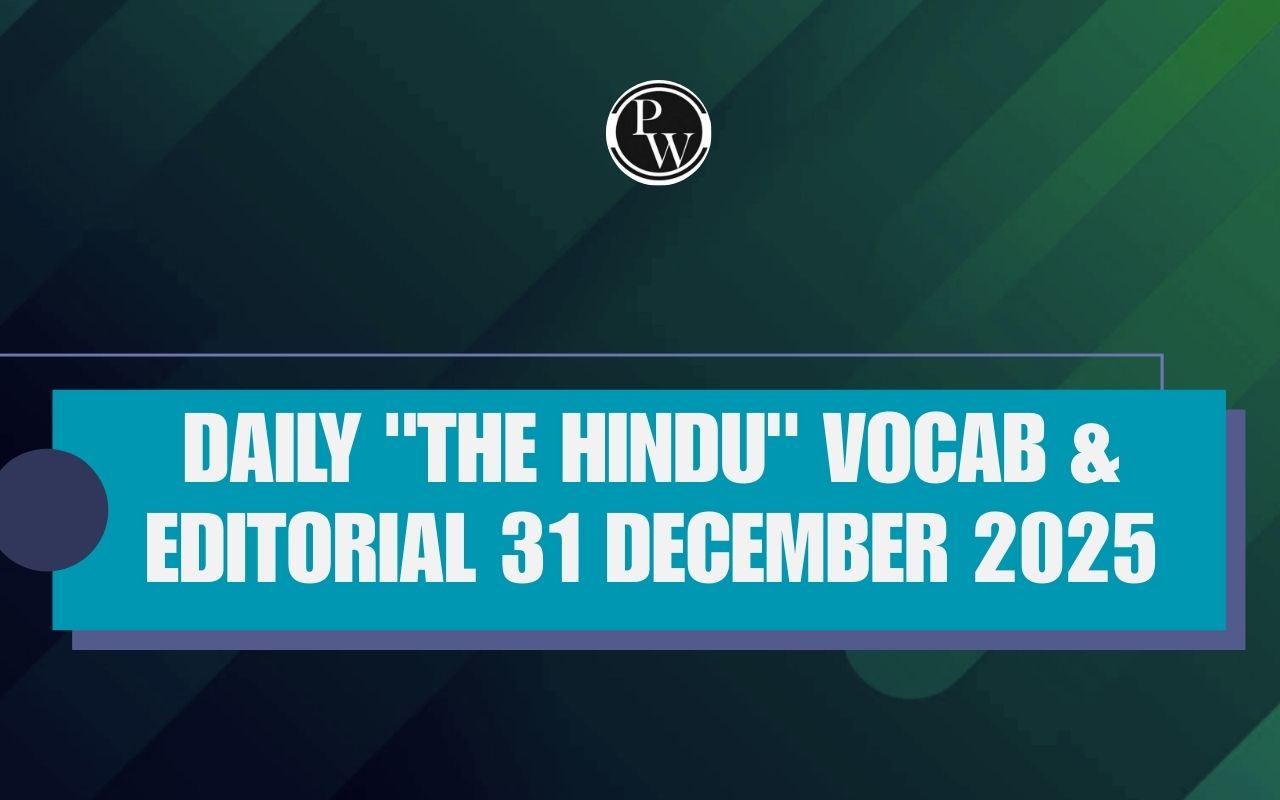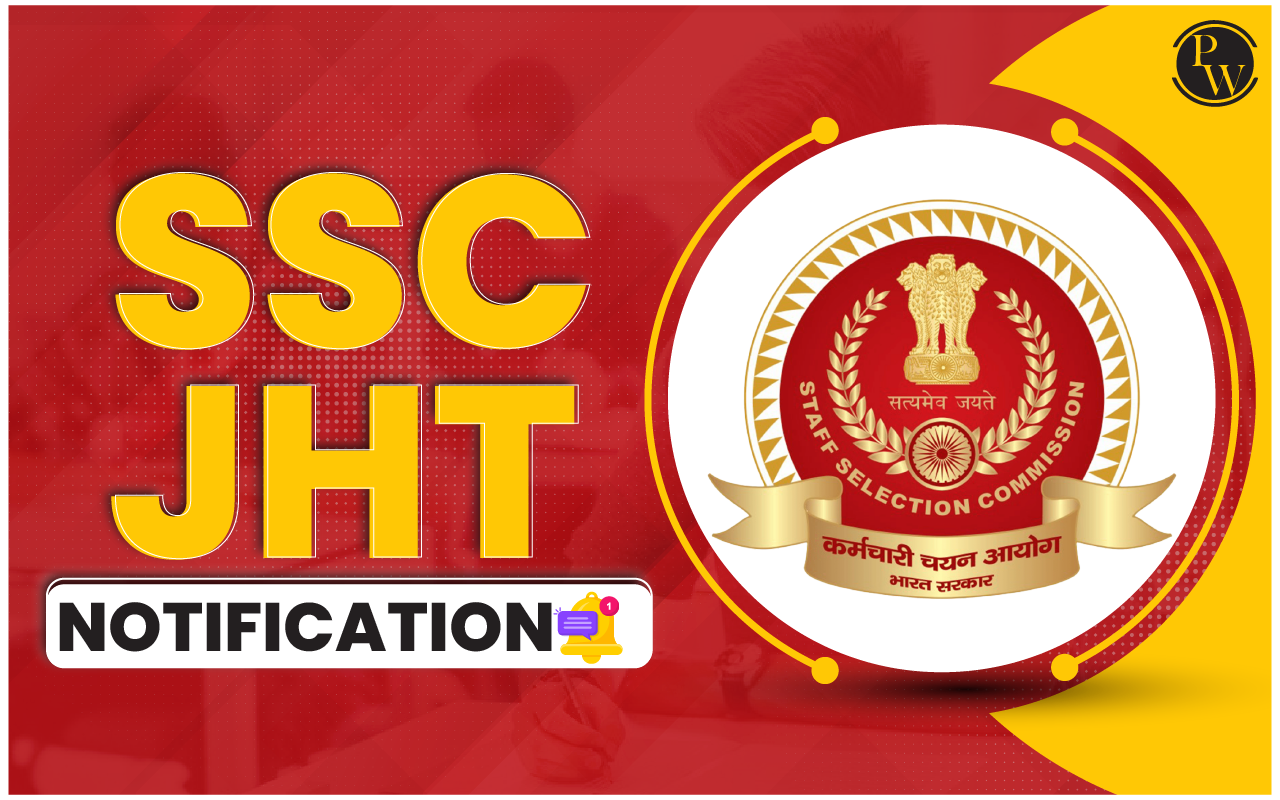
Indian National Congress: The Indian National Congress (INC), founded in 1885, holds a significant place in India's political history. It originated as a platform for Indian leaders to address colonial grievances and push for reforms under British rule. With iconic figures like Mahatma Gandhi and Jawaharlal Nehru, the Congress transformed into a force championing the cause of India's independence. Its journey reflects the evolution of India's struggle for self-determination and its transition from colonial subjugation to sovereignty.
Indian National Congress Formation
- A.O. Hume, a retired English civil servant, played a important role in establishing an all-India organization.
- He collaborated with prominent intellectuals to organize the inaugural session of the Indian National Congress (INC) in December 1885.
- The first session took place at Gokuldas Tejpal Sanskrit College in Bombay and was attended by 72 delegates, primarily lawyers.
- Lord Dufferin served as the British Viceroy during this time.
- Subsequent annual meetings were held in December each year in different parts of the country.
- The Safety Valve Theory, which suggests that the Congress was created by the British to channelize Indian discontent, was advocated by figures like Lala Lajpat Rai and R.P. Dutt. However, contemporary historians do not support this theory.
Reason for Indian National Congress Formation
- Safety Valve Theory: A theory proposed by A.O. Hume, suggesting that the Indian National Congress (INC) was founded as a mechanism to prevent another mass uprising like the Indian Rebellion of 1857. Hume believed that by providing a platform for Indian grievances, the Congress could serve as a "safety valve" for the growing discontent among Indians. However, modern historians are skeptical of this theory, viewing the formation of the INC as driven more by the desire of politically conscious Indians to establish a national organization to express their political and economic concerns.
- Expression of Indian Demands: Another significant reason behind the formation of the Indian National Congress was the need for an organization to articulate the demands of politically aware Indians. While Hume played a role in facilitating the Congress's establishment, historians like Bipan Chandra suggest that early Congress officials utilized him as a catalyst to bring people together, rather than the Congress being solely a "safety valve" as proposed by Hume and some extremist leaders.
Indian National Congress Objectives
- Establish a Pan-India Organization: The primary objective was to create a nationwide democratic nationalist movement through the formation of a pan-India organization.
- Promotion of Anti-Colonialism: Efforts were directed towards fostering friendly relations among nationalist activists across various regions, promoting and disseminating an anti-colonial nationalist ideology.
- Cultivation of Nationalism: The focus was on strengthening national unity among all citizens, transcending barriers of religion, caste, or province.
- Political Mobilization and Education: The Congress aimed to politicize and educate the populace about Indian political rights.
- Advocacy of a Progressive Political and Economic Agenda: The Congress formulated and advocated for public demands aimed at uniting people around a shared political and economic vision for the nation's progress.
Indian National Congress Features
- The Indian National Congress (INC) emerged as the first national political movement in India, initially focusing on increasing Indian involvement in political affairs.
- Over time, the INC transitioned its goal towards achieving complete independence for India, becoming a prominent political force post-independence.
- In its early years, the INC adopted moderate approaches, primarily engaging in constitutional debates and strategies.
- Initially, the party's demands were centered around enhancing Indian representation in the military and administration.
- However, as time progressed, the INC's demands and tactics grew more assertive.
- By 1905, internal divisions within the party led to the emergence of moderates and extremists.
- Provincial conferences, organizations, media outlets, and literature played crucial roles in nationalist activities aligned with the Indian National Congress.
Indian National Congress Important Sessions
- First Congress Session (1885): This was the very first meeting of the Indian National Congress. It happened in Bombay, and around 72 delegates attended, mostly lawyers. They talked about how to work together for the betterment of India under British rule.
- Surat Session (1907): This session is remembered for the split between moderates and extremists within the Congress. The differences in their approaches to dealing with British rule led to a division in the party.
- Lucknow Session (1916): At this meeting, the Congress and the Muslim League joined hands. This was a significant moment in India's freedom struggle because it showed unity between Hindus and Muslims against British rule.
- Special Session in Calcutta (1920): This session marked a shift towards more aggressive tactics in the struggle for independence. Mahatma Gandhi called for non-cooperation with the British government, urging Indians to boycott British goods and institutions.
- Karachi Session (1931): This session is notable because it was here that the Congress demanded complete independence from British rule. It was a bold step towards ending colonial rule in India.
- Tripuri Session (1939): During this session, Subhas Chandra Bose was elected as the Congress President. His leadership style and call for a militant struggle against the British sparked controversy within the party.
| Other Related Links | |
| Tiger Reserves in India | National Parks in India |
| Biosphere Reserves in India | Elephant Reserves in India |
Indian National Congress FAQs
Q: What is the Indian National Congress?
A: The Indian National Congress (INC) is a political party in India that played a significant role in the country's struggle for independence from British rule.
Q: When was the Indian National Congress founded?
A: The INC was established in 1885.
Q: Who were some notable leaders of the Indian National Congress?
A: Mahatma Gandhi, Jawaharlal Nehru, and Sardar Vallabhbhai Patel were some prominent leaders of the INC.
Q: What were the goals of the Indian National Congress?
A: Initially, it aimed to increase Indian participation in political affairs. Later, it advocated for complete independence from British rule.
Q: What strategies did the Indian National Congress employ in its struggle for independence?
A: The INC used a mix of constitutional debates, non-violent protests, civil disobedience, and mass movements to achieve its goals.
🔥 Trending Blogs
Talk to a counsellorHave doubts? Our support team will be happy to assist you!

Check out these Related Articles
Free Learning Resources
PW Books
Notes (Class 10-12)
PW Study Materials
Notes (Class 6-9)
Ncert Solutions
Govt Exams
Class 6th to 12th Online Courses
Govt Job Exams Courses
UPSC Coaching
Defence Exam Coaching
Gate Exam Coaching
Other Exams
Know about Physics Wallah
Physics Wallah is an Indian edtech platform that provides accessible & comprehensive learning experiences to students from Class 6th to postgraduate level. We also provide extensive NCERT solutions, sample paper, NEET, JEE Mains, BITSAT previous year papers & more such resources to students. Physics Wallah also caters to over 3.5 million registered students and over 78 lakh+ Youtube subscribers with 4.8 rating on its app.
We Stand Out because
We provide students with intensive courses with India’s qualified & experienced faculties & mentors. PW strives to make the learning experience comprehensive and accessible for students of all sections of society. We believe in empowering every single student who couldn't dream of a good career in engineering and medical field earlier.
Our Key Focus Areas
Physics Wallah's main focus is to make the learning experience as economical as possible for all students. With our affordable courses like Lakshya, Udaan and Arjuna and many others, we have been able to provide a platform for lakhs of aspirants. From providing Chemistry, Maths, Physics formula to giving e-books of eminent authors like RD Sharma, RS Aggarwal and Lakhmir Singh, PW focuses on every single student's need for preparation.
What Makes Us Different
Physics Wallah strives to develop a comprehensive pedagogical structure for students, where they get a state-of-the-art learning experience with study material and resources. Apart from catering students preparing for JEE Mains and NEET, PW also provides study material for each state board like Uttar Pradesh, Bihar, and others
Copyright © 2025 Physicswallah Limited All rights reserved.
Get App

